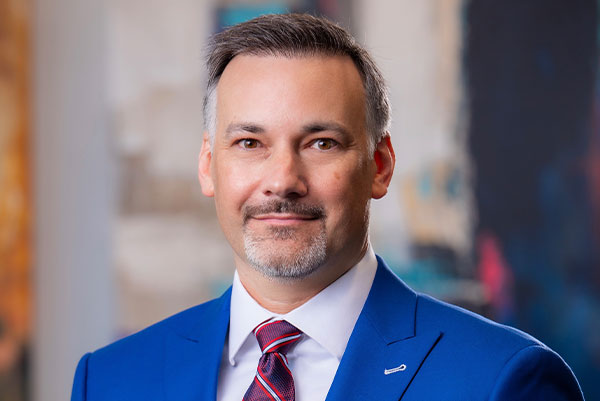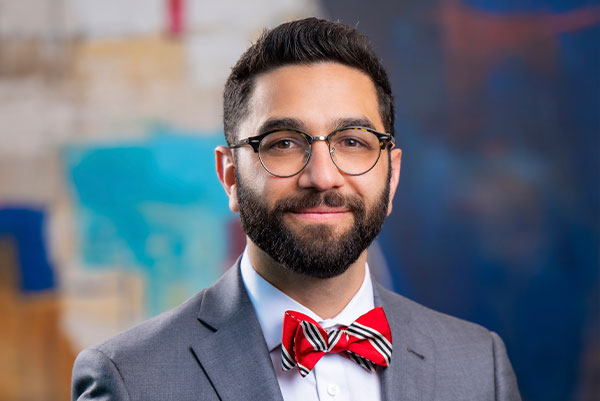In medical malpractice cases in Georgia, witness testimonies hold immense value. They often become the bridge between a complex narrative of medical errors and the truth, shining a light on critical moments and decisions that may have caused harm to the patient. The complexity of medical malpractice stems from the technicalities involved, requiring a thorough examination of events that transpired during the treatment or surgery. In such cases, the testimony of witnesses can serve as pivotal evidence, either bolstering or undermining a malpractice claim. Whether it’s a healthcare professional, a family member, or even a patient, witness accounts play a crucial role in substantiating the events that occurred, which may otherwise be lost in a web of medical jargon and procedural complexity. Understanding the importance of gathering and presenting such testimonies is key to successfully navigating the challenging terrain of medical malpractice in Georgia.
Clarifying the Role of Witness Testimonies in Medical Malpractice
When pursuing a medical malpractice case in Georgia, proving negligence is a critical element. Medical malpractice occurs when a healthcare provider, such as a doctor or nurse, fails to provide a reasonable standard of care, leading to injury or death. However, proving that negligence occurred can be a daunting task. This is where witness testimonies become vital. They offer an account of the medical care received, the circumstances surrounding the alleged malpractice, and any actions or omissions by medical personnel that may have led to the harm caused.
Witnesses can include not only medical personnel but also family members, other patients, or anyone who may have been present during the treatment or surgery. Their testimonies may reveal actions, conversations, or even physical observations that could point to lapses in care. In many cases, medical records alone may not tell the whole story. For instance, a medical chart may not capture the demeanor of a physician, the level of attention paid to the patient, or the communication between staff members during a critical procedure. Witness testimonies can fill these gaps, offering insight into how decisions were made and whether proper care was given.

The Types of Witnesses in Medical Malpractice Cases
There are different types of witnesses whose testimonies can make a significant impact on a medical malpractice case in Georgia. These witnesses may include medical professionals, family members of the patient, or even third-party individuals who observed the care provided. Each type of witness brings a different perspective, contributing to the overall understanding of what occurred during the medical treatment.
Healthcare professionals often provide valuable testimony in medical malpractice cases. They can offer insights into the standard of care that should have been provided and whether the actions of the defendant deviated from that standard. For example, a nurse or another doctor may be able to testify regarding the protocols followed during a surgical procedure or the accuracy of a diagnosis. Their professional experience allows them to provide an informed opinion about whether the level of care fell below acceptable standards.
Family members and friends of the patient can also play an essential role as witnesses. They may not have the technical knowledge of a medical professional, but they can offer a personal account of the care their loved one received. They may have been present during conversations with the healthcare provider, witnessed the patient’s condition before and after treatment, or observed any changes in behavior or health that occurred following the alleged malpractice. Their testimony can provide a human element to the case, highlighting the emotional and physical toll the malpractice has taken on the patient and their family.
Third-party witnesses, such as other patients or individuals present in the hospital or clinic at the time, can also provide valuable information. These witnesses might have overheard conversations between medical staff, observed the cleanliness of the facility, or noticed the behavior of medical personnel during the treatment. Even seemingly small details can add up to paint a picture of the overall standard of care provided.
I had the pleasure of working against Chris on a fairly complicated case. Chris was professional during the course of litigation, and undoubtedly maintained his clients’ interests as the primary focus throughout. Due to Chris’ efficiency and advocacy for his clients, we were able to resolve the case for a reasonable amount, without spending unnecessary time and expenses. I hope to have more cases with Chris in the future, and would have no hesitation recommending Chris to handle complex personal injury matters.” - Paul T.
The Process of Gathering Witness Testimonies
In a medical malpractice case, the process of gathering witness testimonies begins as soon as a potential malpractice claim is identified. Lawyers must work swiftly to identify witnesses who may have observed key moments during the treatment or surgery. These witnesses are then interviewed to obtain their firsthand accounts. This process can be complex, requiring careful questioning and sometimes even multiple interviews to piece together an accurate account of what occurred.
Witness statements are often recorded in depositions, which are legal interviews conducted under oath. During depositions, attorneys from both sides have the opportunity to ask questions, and the responses are recorded for use during the trial. This process is crucial, as it allows lawyers to preserve the testimony of witnesses, even if they are unable to appear in court.
In some cases, witnesses may be hesitant to come forward, particularly if they are fellow medical professionals who fear repercussions. Lawyers must approach these witnesses with care, ensuring their rights are protected and addressing any concerns they may have about testifying. Witnesses need to understand the importance of their testimony in revealing the truth and ensuring that justice is served.
Challenges in Using Witness Testimonies in Medical Malpractice Cases
While witness testimonies are undeniably valuable, there can be challenges in using them effectively in medical malpractice cases. One of the primary difficulties is ensuring that the testimonies are credible and consistent. Witnesses may have differing recollections of the same event, and their memories may fade over time. Lawyers must work diligently to corroborate witness testimonies with other evidence, such as medical records, to ensure the accuracy of the account.
Another challenge lies in cross-examination, where the opposing side may attempt to discredit a witness’s testimony. This can be particularly difficult in medical malpractice cases, where the testimony of a medical professional may be challenged by the defense. The defense may argue that the witness is not qualified to offer an opinion or that their account is biased or inaccurate. Lawyers must be prepared to defend the credibility of their witnesses, ensuring that their testimony remains a reliable source of evidence.
In addition to credibility issues, there are logistical challenges to gathering witness testimonies. Witnesses may be difficult to locate, or they may be unwilling to testify due to fear of legal repercussions or professional consequences. It is essential for attorneys to act quickly, securing witness statements as soon as possible and ensuring that witnesses are protected from any potential retaliation.
Dealing with Insurance Steps to File a LawsuitRelated Videos
The Legal Impact of Witness Testimonies in Medical Malpractice Trials
When a medical malpractice case goes to trial, witness testimonies can be some of the most powerful pieces of evidence presented. A compelling witness account can sway a jury’s opinion, helping them understand the complexities of the case and the circumstances surrounding the alleged malpractice. Testimonies that corroborate the plaintiff’s version of events can significantly bolster the case, increasing the likelihood of a favorable outcome.
Conversely, witness testimonies can also work in favor of the defense. A medical professional who can confidently assert that the standard of care was met may be able to discredit the plaintiff’s claims. The defense may also use witness testimonies to cast doubt on the credibility of the plaintiff’s witnesses, highlighting inconsistencies or gaps in their accounts.
Ultimately, the effectiveness of witness testimonies depends on the skill of the legal team in presenting and defending the testimony in court. Lawyers must carefully prepare witnesses, ensuring that they are ready to face cross-examination and that their testimony aligns with the other evidence presented in the case. A well-prepared witness can be a game-changer in a medical malpractice trial, providing the crucial piece of evidence needed to secure a victory.
Why Witness Testimonies Are Critical to Proving Negligence
At the heart of every medical malpractice case is the need to prove that negligence occurred. Witness testimonies are instrumental in establishing this. Without them, it can be challenging to demonstrate how the medical provider’s actions deviated from accepted standards of care. Witnesses offer a narrative that can support claims of misdiagnosis, surgical errors, failure to obtain informed consent, and more. Their accounts are often the backbone of a case, providing the details necessary to paint a clear picture of the provider’s negligence.
The nuances of a medical malpractice case often revolve around the specific actions or inactions of healthcare professionals, and witness testimonies provide clarity to these points. By presenting a human voice to accompany medical records, technical terms, and procedural discussions, witnesses can make the case more relatable to jurors and judges who may not be well-versed in medical protocols. It is their testimony that often provides the emotional weight needed to convey the full impact of the malpractice on the patient’s life.
Witness testimonies are indispensable in Georgia medical malpractice cases. They offer insights and perspectives that can be the key to proving negligence and securing justice for the victim. If you or a loved one has been a victim of medical malpractice, gathering witness testimonies as early as possible is essential to building a strong case. The Gunnels Law Firm LLC understands the importance of these testimonies and is dedicated to helping you navigate the complexities of your case, ensuring that every voice is heard and every detail is uncovered. Contact us today to discuss how we can assist you in your medical malpractice claim.







